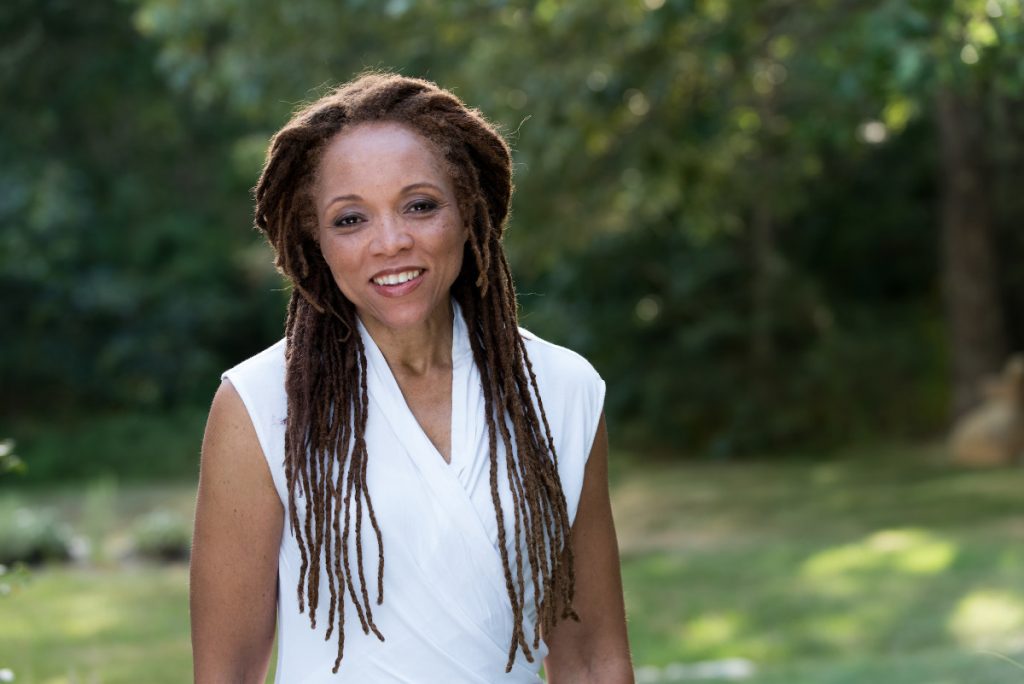Connecting with God is a main focus for a majority of religious and spiritual believers; novelist and creative writing teacher Sophfronia Scott writes about how to connect with God through natural efforts. Scott said she has felt a sense of God since her childhood, and it came from an urge to observe the outdoors.
“That aspect has always been with me,” Scott said. “To understand what that feeling was took a while, and that was and has been my spiritual journey.”

Scott will give her lecture “In the Water and the Air: Embracing the Divine Through Nature” at 2 p.m. Thursday, July 7, in the Hall of Philosophy for the Interfaith Lecture Series Week Two theme, “Reconnecting with the Natural World.”
“The main points of the lecture are about the inevitable, ineffable nature of the divine in how we seek to understand God and embrace God,” Scott said. “We make that hard on ourselves, when really all we have to do is embrace nature.”
Scott keeps the Bible verse John 10:14-28 on her desk. The verse begins with “I am the good shepherd.” Scott said she was once sent a post from a woman on Facebook who chronicled her time reading Scott’s book The Seeker and the Monk: Everyday Conversations with Thomas Merton.
In the book, Scott refers to religious icons as objects that people have in their possession that may help them facilitate a stronger connection with God.
In her Facebook post, the woman has jealous thoughts toward people who have mystical encounters with the love of God, as is described in Scott’s book. Scott said in the post, the woman takes her favorite religious icon off the shelf and holds it in her lap while she reads.
After holding the icon while reading, she follows up on her original Facebook post with, “for the rest of the story, see picture.”
The icon was the good shepherd.
“The point is that she’s sitting there complaining that nobody else has mystical experiences, but then she does have one for herself. I think that’s pretty cool,” Scott said.
God can mean different things to different people, so Scott said she uses the word “divine” to refer to God. She said she appreciates the serenity nature offers.
“I do think God speaks to us through nature,” Scott said. “I think there’s a silence in nature that is the voice of God, and we can be ignorant of that.”
Scott said people can take nature for granted by looking at it at face value, such as the weather. She said she wants her audience to take away a new appreciation for nature.
“(I want to help) people make a connection with God that is wholly their own,” Scott said, “something that they can access — and it doesn’t necessarily come from someone else, but to recognize that we are all beloved children of God. When I see someone able to make that connection, and find a newness to their faith because of it, that’s exciting to me.”
Scott has delivered numerous lectures and workshops, including keynote addresses for the Thomas Merton Center and the Mark Twain House & Museum.
Scott said she isn’t a spiritual director or coach, but wants people to connect with religion through her writing.
“I usually am mainly talking about my experience,” Scott said. “I teach my students that if you tell your own story well enough, that you will hit a universal note. It will resonate in such a way that other people are reading themselves into the work.”




